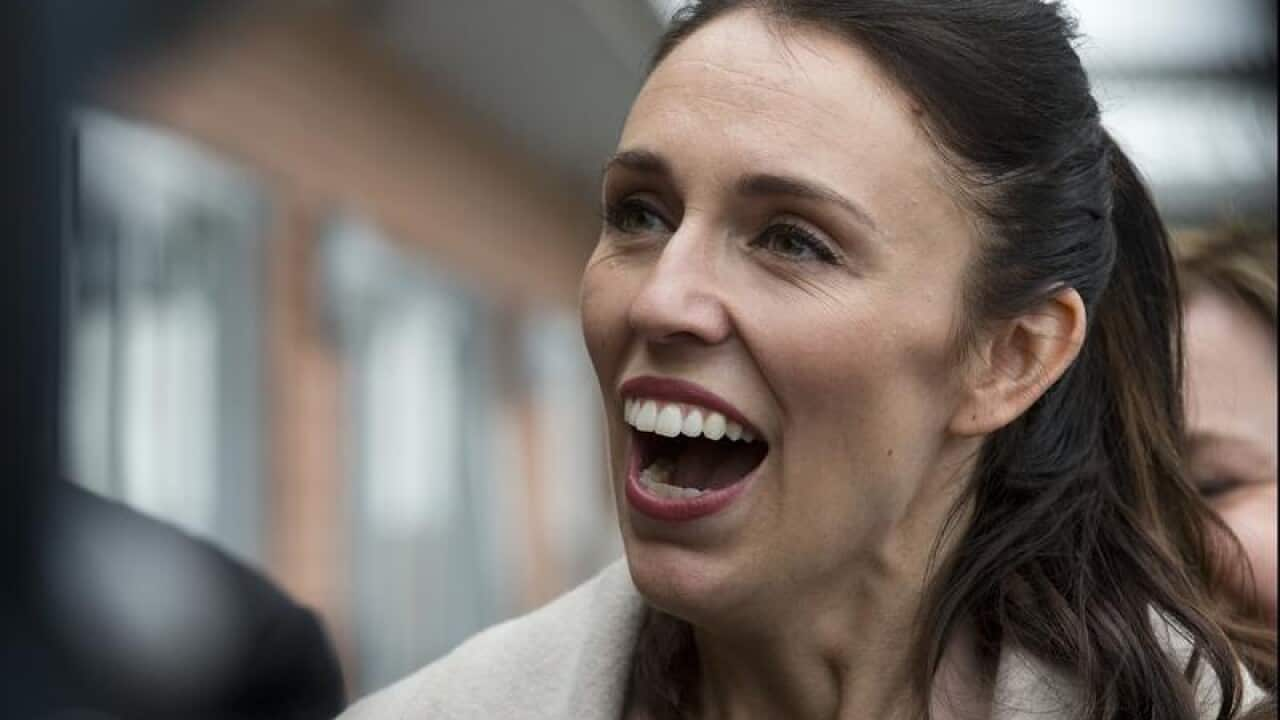New Zealanders are about to go to the polls in the most volatile and hard-fought race in recent history, which could usher in a change in openness to migration and trade and the central bank's approach to monetary policy.
Volatile opinion polls have shown a neck-and-neck race towards Saturday's vote, although the ruling National Party of Prime Minister Bill English has led in recent polls.
On the eve of the election, the NZ Herald Election Forecast predicted National would win 56 seats while a Labour-Green coalition would win 54.
To form a government, a party or coalition needs at least 61 seats.
A change in the Labour Party leadership last month turned what had been expected to be a dull campaign into a nail-biting event, with 37-year old Jacinda Ardern vying to become the third female prime minister.
"It's tight," Ardern, whose popularity prompted media to coin the term "Jacindamania", said on Friday, a day when she also attended her grandmother's funeral.
"It shows that every single vote will count and that turnout will determine this election."
Labour hopes to ride a worldwide wave of change that most recently propelled France's Emmanuel Macron to become its youngest head of state since Napoleon.
English, a 55-year-old former finance minister who took over after John Key's shock resignation last year, is making his second bid to be elected leader after a failed attempt in 2002.
Both leaders are expected to stay the course in terms of fiscal prudence but will probably differ on monetary policy, trade and immigration.
Ardern wants to add employment to the central bank's inflation-targeting mandate, which could mean more stimulatory monetary policy.
She also wants to cut migration and renegotiate certain trade deals, which some worry could hurt two key sources of growth for New Zealand's economy.
Given New Zealand's proportional representation system, it could take weeks to determine the composition of the new government.
The new government's make-up will also depend on negotiations between parties that could last weeks, particularly if the results are close.
Winston Peters, leader of the nationalist New Zealand First Party, which is likely to become the kingmaker, has declined to say which bloc will get his support until the results become official on October 12.
English said on Friday he would try to form a government even if Labour and the Greens received more support than National on Saturday night.
He would act on the presumption the party with the highest vote should form government.
Share

